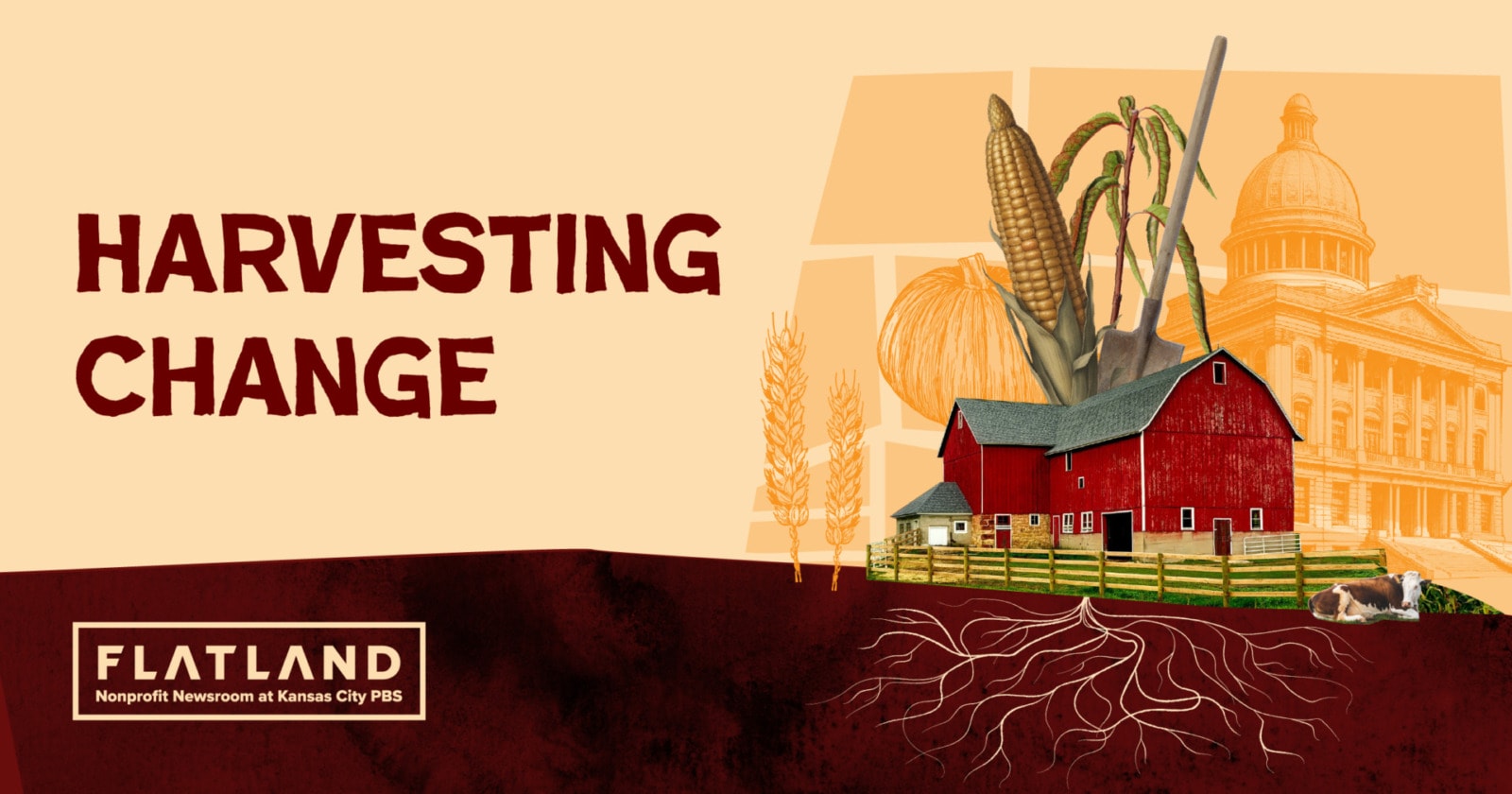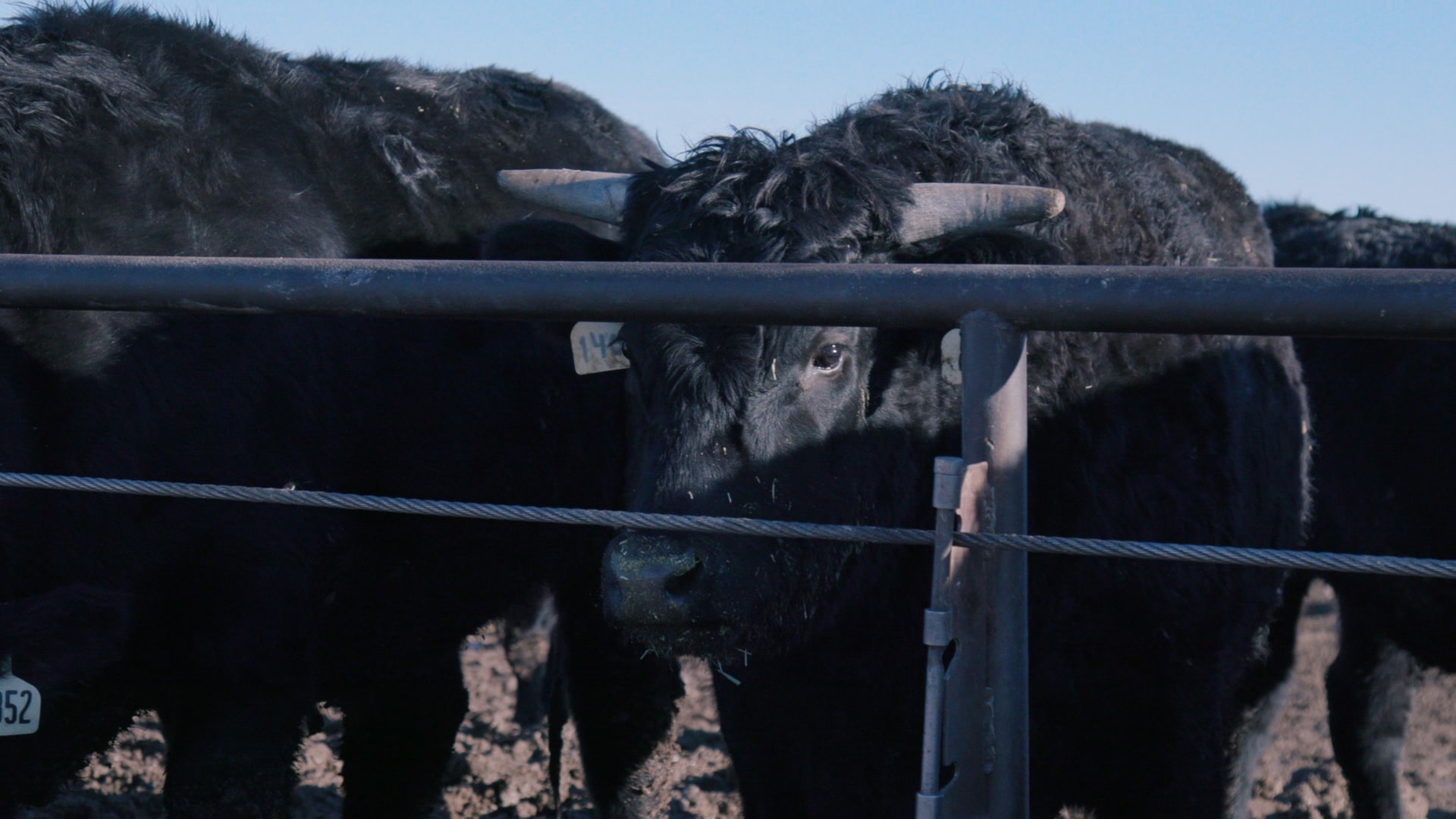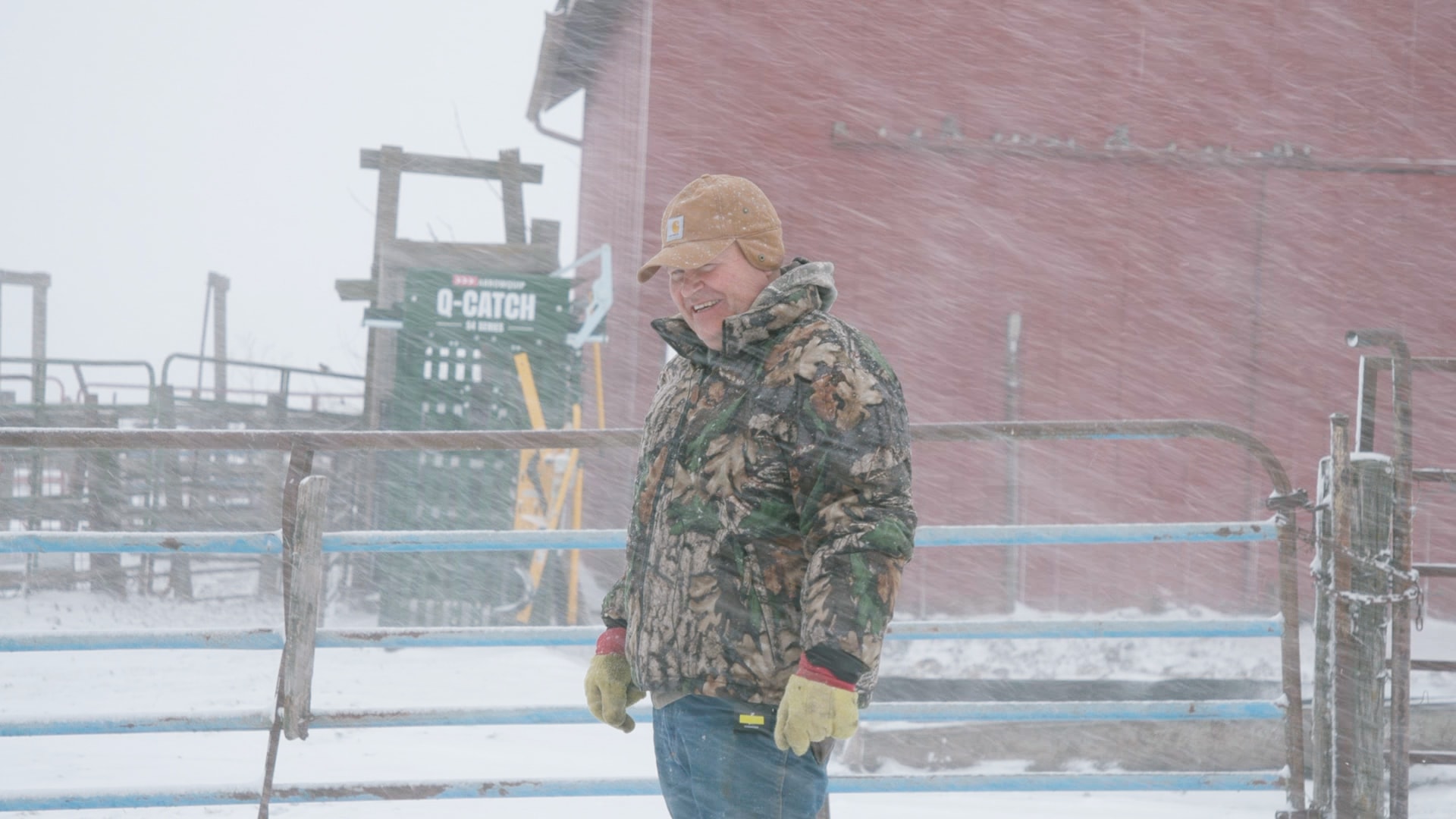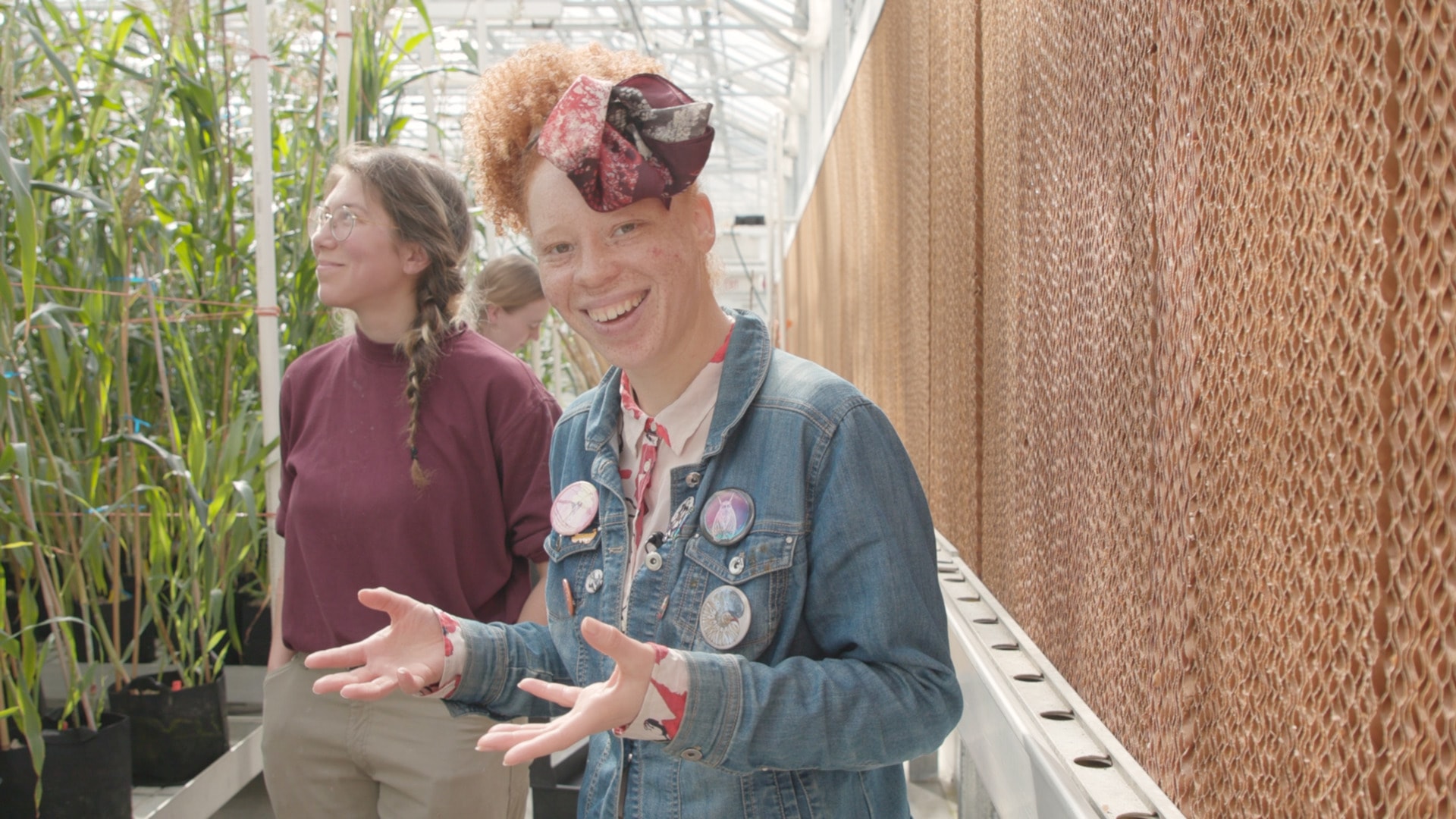Harvesting Change | Growing Roots in the KC Food System Refugees Become Urban Farmers at KCK Training Farm
Published April 25th, 2024 at 6:00 AM
Above image credit: Biak Par attends to her seedlings in the greenhouse. (Cami Koons | Flatland)On her plot at the Juniper Gardens farm in northeast Kansas City, Kansas, Biak Par grows vegetables and herbs, including a variety of hot peppers and an herb called Chin Baung, which are commonly used in her home country of Myanmar.
She said it’s best to prepare them in a soup or with vegetables in a curry-like dish.
Biak Par is a graduate of the New Roots farmer training program, a four-year apprenticeship with Catholic Charities of Northeast Kansas and Cultivate KC.
The program provides refugees with an agricultural background a place to cultivate their farming skills, adjust to a new climate, and learn to run a business in the U.S.
Students and graduates of the program come from all over. Many come from Myanmar (also known as Burma) like Biak Par. Others are from Burundi, the Democratic Republic of the Congo and Mexico. On any given day, one can hear four different languages spoken throughout the greenhouses and quarter-acre plots at the farm.
Catholic Charities works to provide interpreters for instruction and to translate various resources.
“There’s so many resources in Kansas City for farmers, they’re just not always accessible in languages other than English,” said Kristin Selby, the New Roots program manager with Catholic Charities.
Selby manages the community supported agriculture (CSA) program where the farmers sell their produce. The program is accepting applications for the early summer/summer seasons and usually has around 150 participants.
Watch Harvesting Change
The New Roots website is stocked with recipes that use items less common in a western diet.
There are currently 11 farmers in the training program and six, like Biak Par, who are leasing land on the site after graduating from the program.
Forty-six families over the past 15 years have graduated from the program and 32 of those families are still actively farming in the community.
New Roots farmers fill the stalls at farmers markets around Kansas City and bring fresh produce and culturally significant foods to the Northeast KCK community.
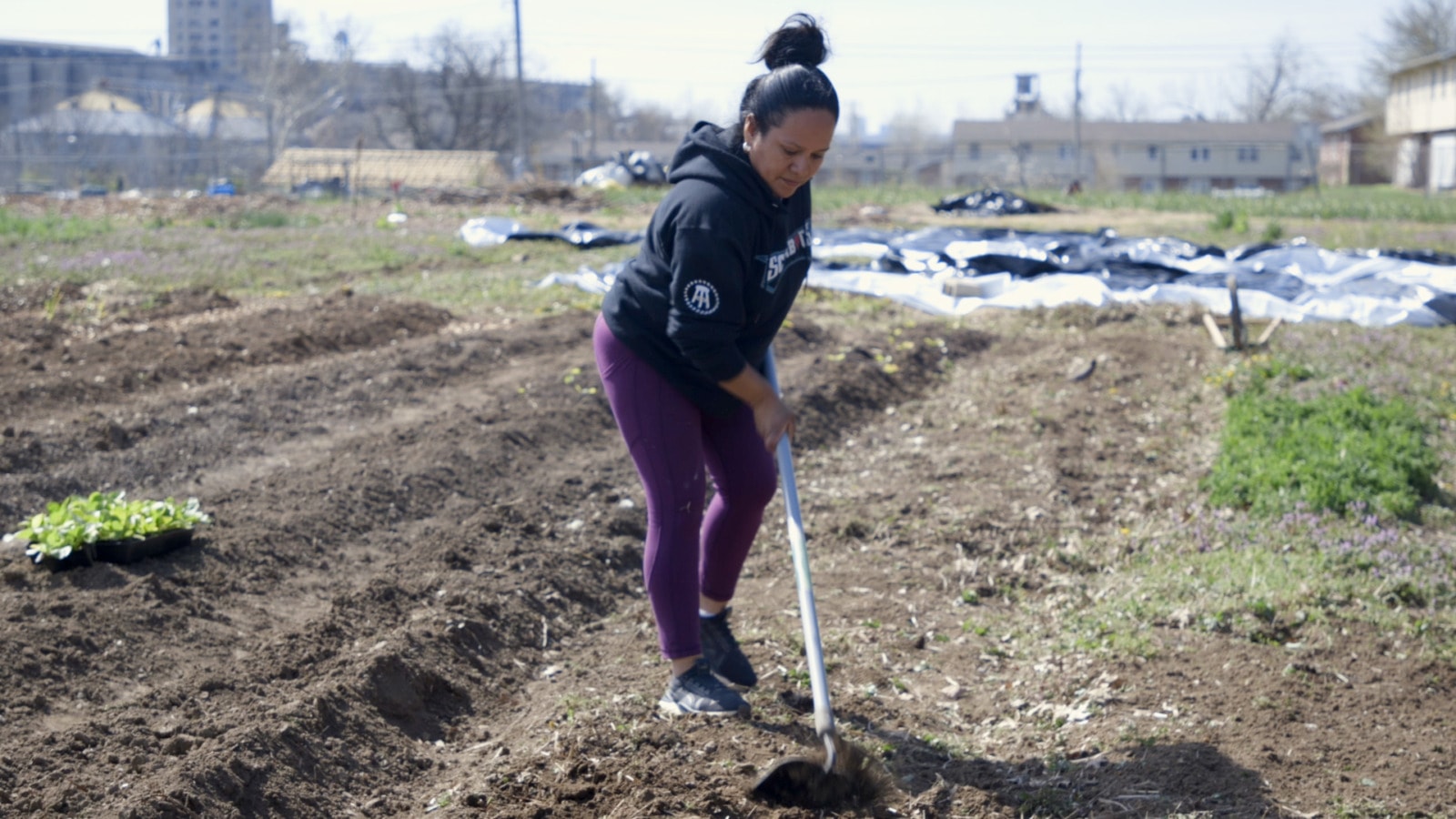
According to the U.S. Department of Agriculture, urban farms, like New Roots, grow 15-20% of the global food supply.
Urban farms are also climate resilient because they add green spaces to developed neighborhoods and decrease carbon emissions by shortening the food chain. This style of farming can also make a city more socially and economically equitable, especially when they are placed in neighborhoods that lack access to fresh food or are disproportionately affected by climate change.
Rubi Hernandez is in her first year of the program and is just getting started planting some greens on her quarter-acre plot. She comes from an agricultural background in southern Mexico, where her family grows coffee and corn.
She has been in the U.S. for 23 years working in other industries but has always wanted to start her own farm.
Joining New Roots is really a dream come true for Hernandez.
“Your dreams come true every day,” Hernandez said. “Especially here if you do what you love.”
Cami Koons covers rural affairs for Kansas City PBS in cooperation with Report for America. The work of our Report for America corps members is made possible, in part, through the generous support of the Ewing Marion Kauffman Foundation. Laura Fotovich also helped film and edit this story.
